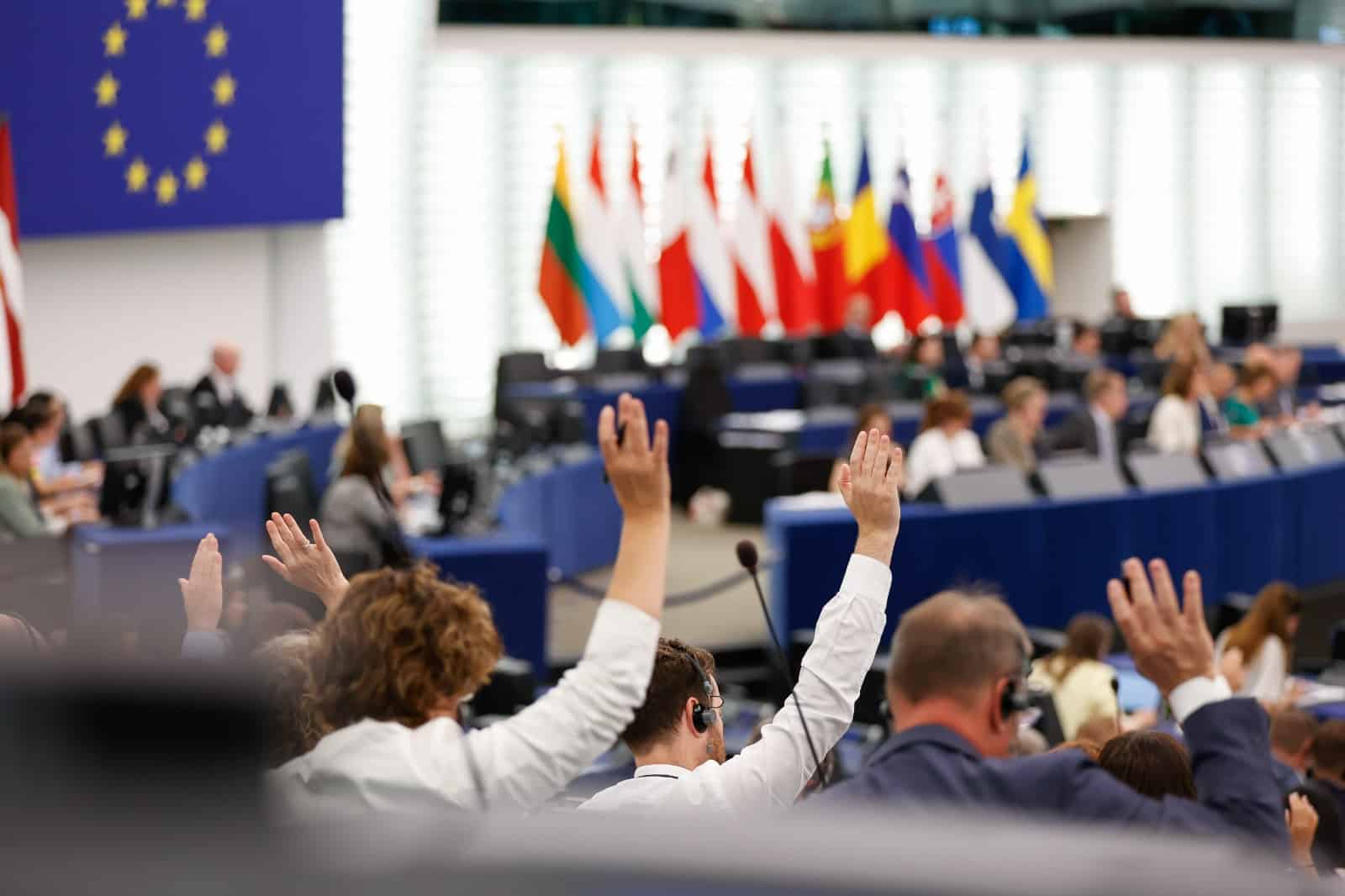It came as something of a surprise that there had been no reaction from political parties and the media to President Nikos Christodoulides’ decision not to object to plans of a group of EU member-states to end the unanimity voting rules that govern the EU’s foreign policy. It was the right decision by the president, showing a degree of goodwill that had zero cost for Cyprus, considering 13 member-states have signed a letter opposing the ending of the veto power.
His reasoning was not good enough for Diko deputy Christos Orphanides who, in keeping with his party’s long tradition for crude grandstanding, declared that the president “has an obligation to express his objection clearly,” because “the Cyprus Republic must have the right of veto, because it is this right which secures the sovereignty of the Cyprus Republic.” Was he seriously suggesting that giving up the right of veto on EU foreign policy decisions would put at risk the sovereignty of the Republic? How?
The Diko deputy advertised his simplistic politics in the statement by claiming that “Germany and France, by resort of blackmail, are attempting to deprive small and medium-sized member states of the European Union of the right of veto.” These countries “are openly trying to impose their views and actions with the rest of the countries following obediently.”
What complete nonsense. It is not only Germany and France that want to end the unanimity voting rules, but nine member-states which formed a ‘group of friends’ that wants to move from unanimity to qualified majority voting on foreign policy. The qualified majority has existed since the Treaty of Lisbon was approved in 2007 (55 per cent of countries representing at least 65 per cent of the EU population) for most policy areas. Unanimity rules remained for key issues such as foreign policy, the common budget and enlargement.
There was unity in the union’s initial response to Russia’s invasion of Ukraine, but cracks eventually appeared, some member-states using the veto power to block decisions. The pro-Russia inclinations of Hungary’s government made decision-making regarding Ukraine more difficult, but it seemed wrong for one or two member-states to block decisions supported by the big majority of the union. Unanimity hampers decision-making, resulting in watered down decisions while also enabling countries with an anti-EU agenda to take control.
Scrapping the veto on foreign policy would allow the EU to have a bigger role on the global stage and prevent a single member state from holding the bloc to ransom. Decisions would still require a qualified majority, even if this would give an advantage to countries with big populations. Nevertheless, it would still have been absurd for the EU’s second smallest country to take a stand in favour of the unanimity voting rule. The president took the right decision even if it upset a Diko deputy.







Click here to change your cookie preferences